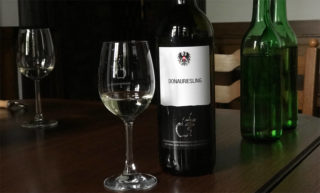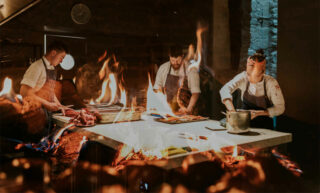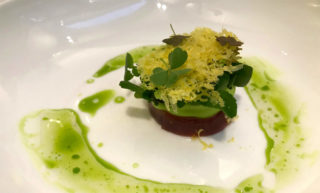Provider of words and wages
Sinfonieorchester Basel
2 and 3 December 2020
Ivar Bolton, conductor
(Original program - Concert was canceled due to Covid-19 measures)
Haydn - Die Schöpfung
Gerard van Swieten enjoyed so much fame in his lifetime that it even took the empress Maria Theresia of Austria no less than a year and a half to convince him to pack up his things and move his family from the provincial Dutch city of Leiden to the imperial capital of Vienna to become her personal physician.
For a long time Van Swieten had held off the honourable offer, supposedly saying that he’d prefer to remain “a small republican [The Netherlands was a republic at the time – BdV] than to carry a pompous title that simply conceals a slavish existence”. Had Van Swieten not moved to Vienna, we probably wouldn’t have the pleasure of hearing the piece SOB will play this month.
Van Swieten’s son Gottfried, a diplomat by trade, became an important patron of the arts. Not that Vienna was short of benefactors – the city’s large caste of noblemen was a generous commissioner of music and organized concerts regularly –, but Gottfried was particularly prominent. He spoke several languages and was well connected. But music was his first love. All the important composers of his time, among them Haydn, Mozart and Beethoven, belonged to his circle. As a matter of fact, Gottfried was closely involved in the making of Haydn’s masterpiece, the oratorio The Creation.
Enchanted by Händel’s oratorios, in particular Israel in Egypt, Haydn returned from London in the mid-1790s with a poem named The Creation of the World in his suitcase. It was Gottfried van Swieten who reworked and translated the poem into the libretto, the words for a musical composition like an opera or an oratorio, for The Creation or Die Schöpfung. The poem (and the libretto) consisted of passages from the Bible books Genesis and Psalms and John Milton’s poem Paradise Lost. The final German libretto was then translated back to English. To this day both versions are being used, although the German version is often preferred due to Van Swieten’s sometimes somewhat clumsy English translation.
The structure of the piece is relatively straightforward. It follows the biblical story of the creation in six days told by the three archangels, Gabriel (soprano), Uriel (tenor) and Raphael (bass), preceded by an introduction painting the state of chaos before the creation (part I and II). Instead of a seventh day, Haydn and Van Swieten added a contemplation on life in paradise (part III).
With approximately 120 instrumentalists and sixty singers, the orchestra and choir are regularly sized for today’s listeners, but for Haydn’s contemporaries the sound must have been large, reflecting the magnitude of the subject. Haydn supposedly said that he never felt more religious than when he worked on The Creation.
The composition was premiered at the famous Burgtheater in Vienna and was an instant success. The first performance of the English version took place in London’s Covent Garden. The premiere and Haydn’s compensation was paid for by the Gesellschaft der Associierten, a group of music-minded noblemen, chaired by Gottfried van Swieten, who thus not only provided the words, but also the wages of a piece that to this day belongs to the canon of classical music.
These English program notes have been published in the magazine of the Sinfonieorchester Basel (No. 3, 2020/2021).




Comments